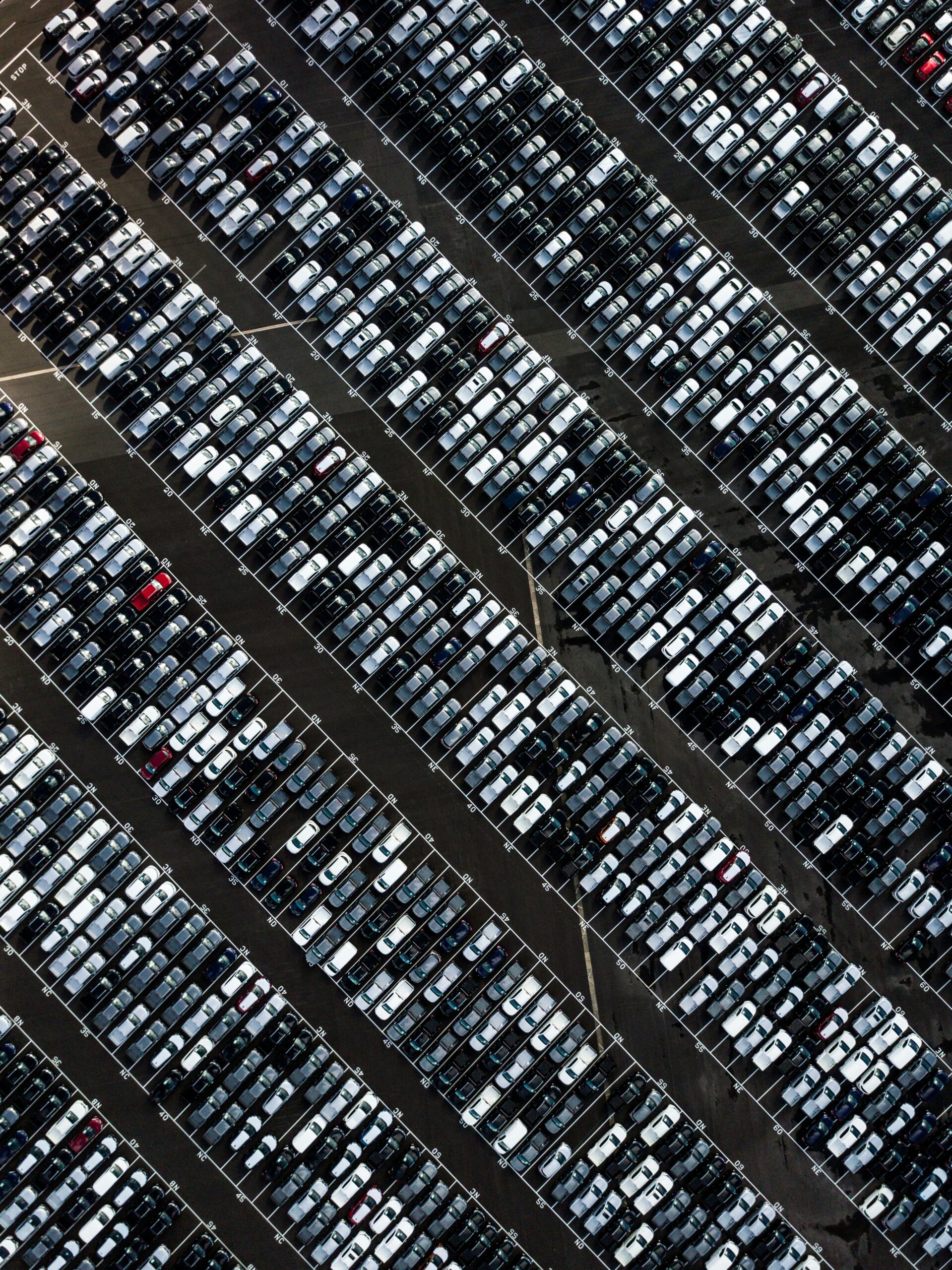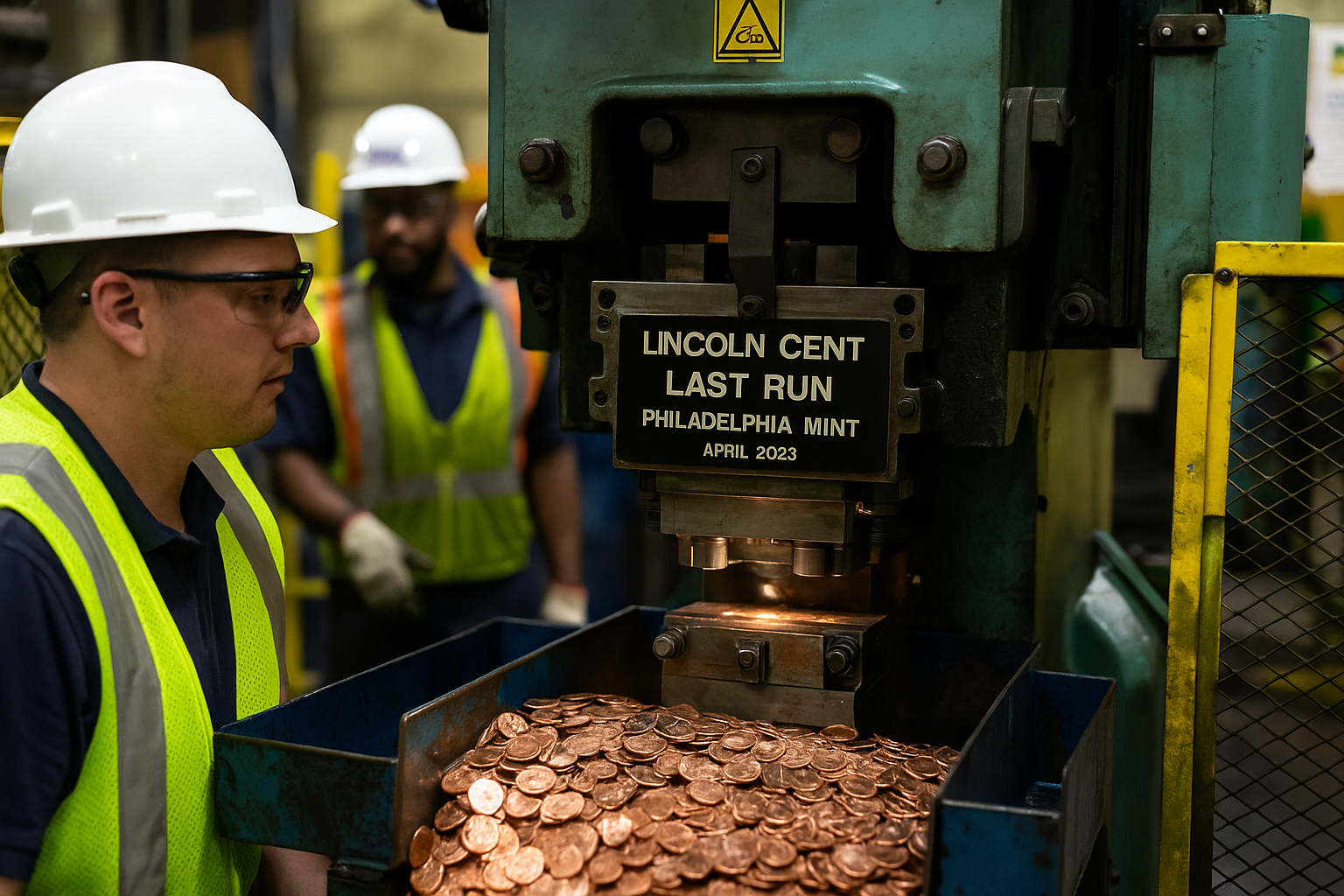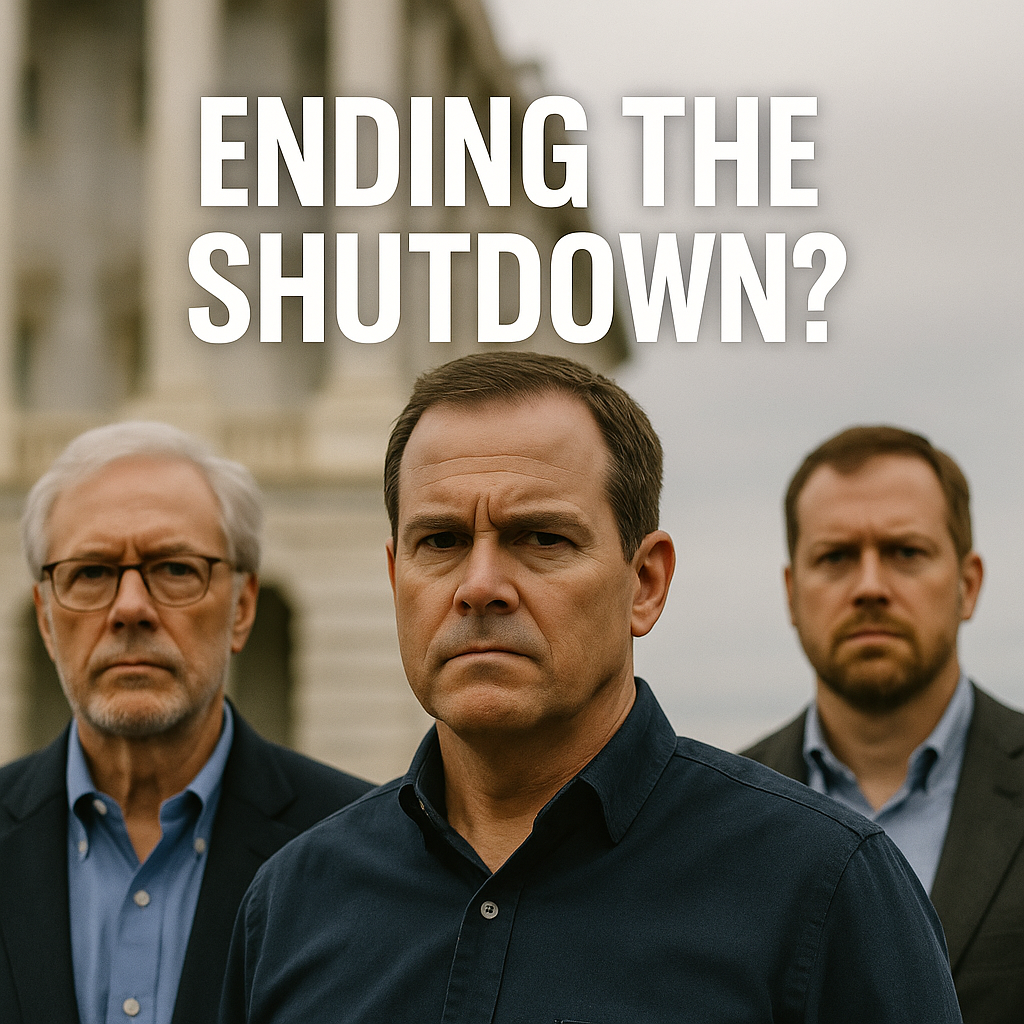
Introduction
After a spike in car purchases driven by fears of impending tariffs, the US automotive market is experiencing a notable slowdown. Major car manufacturers such as Ford, GM, and Volvo are facing substantial financial challenges due to tariff-related costs and a general decline in consumer spending power. This downturn has important implications for the broader economy, affecting everything from manufacturing jobs to consumer choices.
Key Facts
- US new car sales dropped by 300,000 in June from 15.6 million to 15.3 million, as reported by Cox Automotive.
- Volvo reported a $1.2 billion cost due to tariffs in Q2, while Ford and GM faced losses of $800 million and $5 billion respectively.
- Price increases and a shift towards used cars have emerged as significant trends in the market.
Impact on Automakers and Consumers
Automakers are under pressure as they navigate the financial turbulence brought on by tariffs. For instance, Ford announced an expected drop in annual profits to $3 billion after an $800 million impact from tariffs, while GM anticipates a $5 billion hit. The fluctuating tariff policies under President Donald Trump’s administration have created a challenging environment for these companies, making strategic planning difficult and often unfeasible.
Consumers are increasingly opting for used cars to avoid the higher costs associated with new, tariff-impacted vehicles. This trend is supported by a 2.3 percent increase in used car sales over the past year. The preference for used cars is partly due to their cost-effectiveness and exemption from the new tariff impositions.
Economic and Employment Effects
The automotive industry’s slowdown extends beyond sales and financial forecasts, affecting US manufacturing and employment. The Bureau of Labor Statistics reports a 35.7 percent decrease in auto manufacturing employment compared to last year. This decline highlights the broader economic challenges and the direct impact of tariff policies on industry jobs.
Moreover, the uncertainty surrounding tariffs has led to a decrease in consumer spending and investment in the automotive sector, further exacerbating the economic strain.
Looking Ahead
The future of the US automotive market remains uncertain as industry leaders and economists watch for potential changes in tariff policies and their impacts on consumer behavior and manufacturing. The industry’s ability to adapt to these challenges will be crucial in determining the trajectory of both the market and the broader economy in the coming years.


